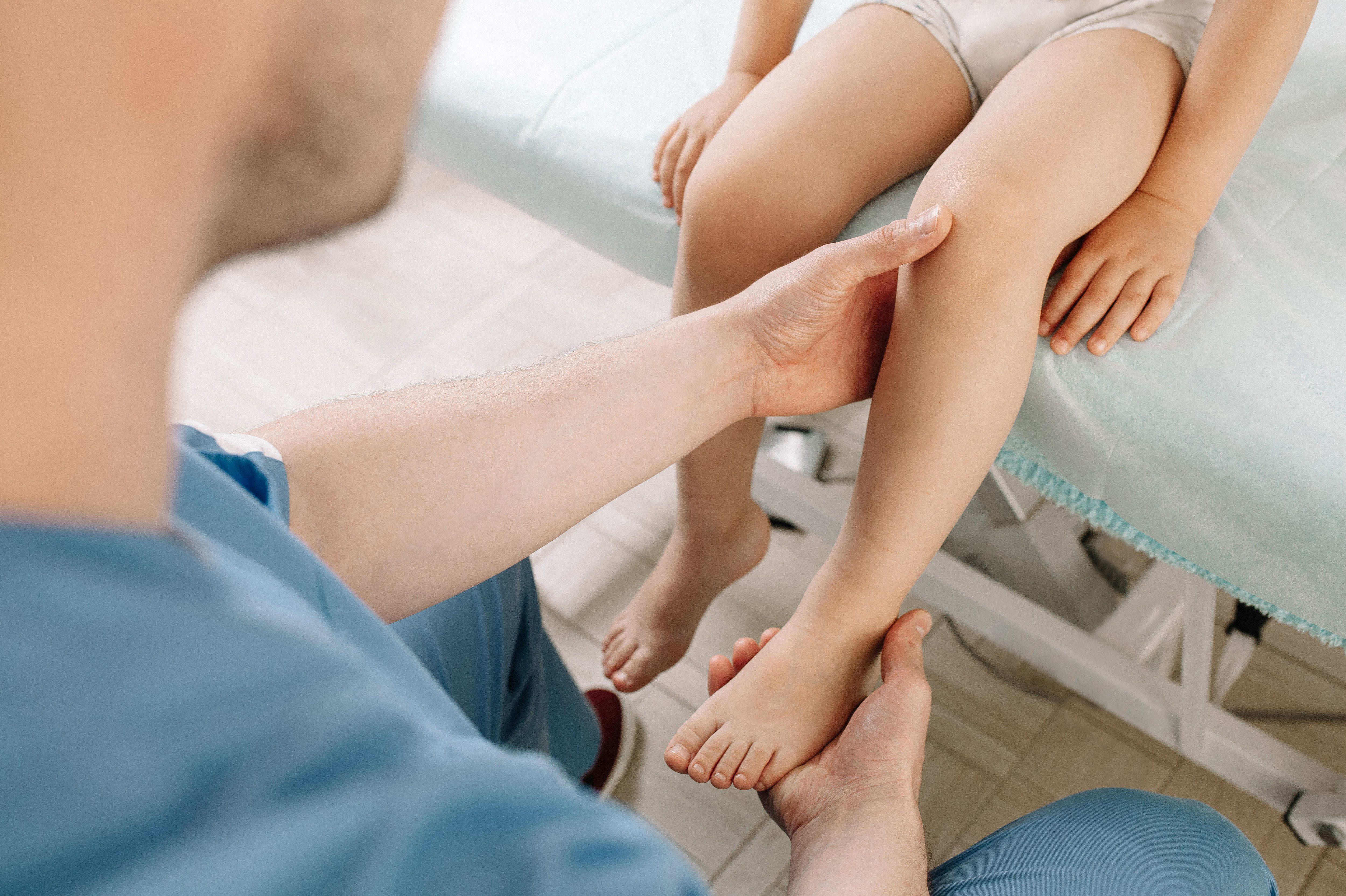
(Vienna, 03 January 2022) Vienna Bone & Growth Center provides interdisciplinary care for patients with rare bone diseases. The association of several Viennese health institutions has now been accepted as a full member of the European Reference Network BOND. Membership of this European network is restricted to centres that are able to provide care for complex or rare diseases through highly specialised treatment and concentrated knowledge and resources.
Vienna Bone & Growth Center focuses on the diagnosis and treatment of bone diseases (osteology), as well as osteological research. Participating institutions are the Medical University of Vienna and University Hospital Vienna, Orthopaedic Hospital Speising, the Department of Medicine I of the Austrian Health Insurance Fund's (ÖGK) Hanusch Hospital and the Ludwig Boltzmann Institute of Osteology at Hanusch Hospital and at the General Accident Insurance Institution's (AUVA) Trauma Center Meidling.
The amalgamation and networking of all participating experts serves to provide interdisciplinary care of the very latest global standard. Cooperation between the various institutions ensures consistent care. When they reach the age of majority, children with bone diseases are transferred from the care of paediatricians at Vienna General Hospital or the Orthopaedic Hospital Speising into the adult medical system at Hanusch Hospital. This ensures the best possible long-term care for patients.
European Reference Networks for Rare and Complex Diseases
European Reference Networks (ERNs) are virtual networks involving reference centres throughout Europe. They are based on an EU Directive and aim to provide care for complex or rare diseases requiring highly specialised treatment and concentrated knowledge and resources.
There are currently 24 thematic ERNs involving over 900 highly specialised healthcare providers from 26 countries. They work together on a variety of topics, from bone diseases to haematological disorders, from childhood cancers to immunodeficiency. At the national level, the National Action Plan for Rare Diseases (NAP.se) designates centres of expertise throughout Austria as a precursor to international application.
ERN BOND unites on an international level all rare diseases affecting bone and growth, which are essentially congenital, chronic or genetic. The main objective of ERN BOND is to implement measures that provide multidisciplinary, holistic, continuous, patient-centred and participatory care to people with rare bone diseases, as well as clinical and basic research to improve diagnosis and treatment.